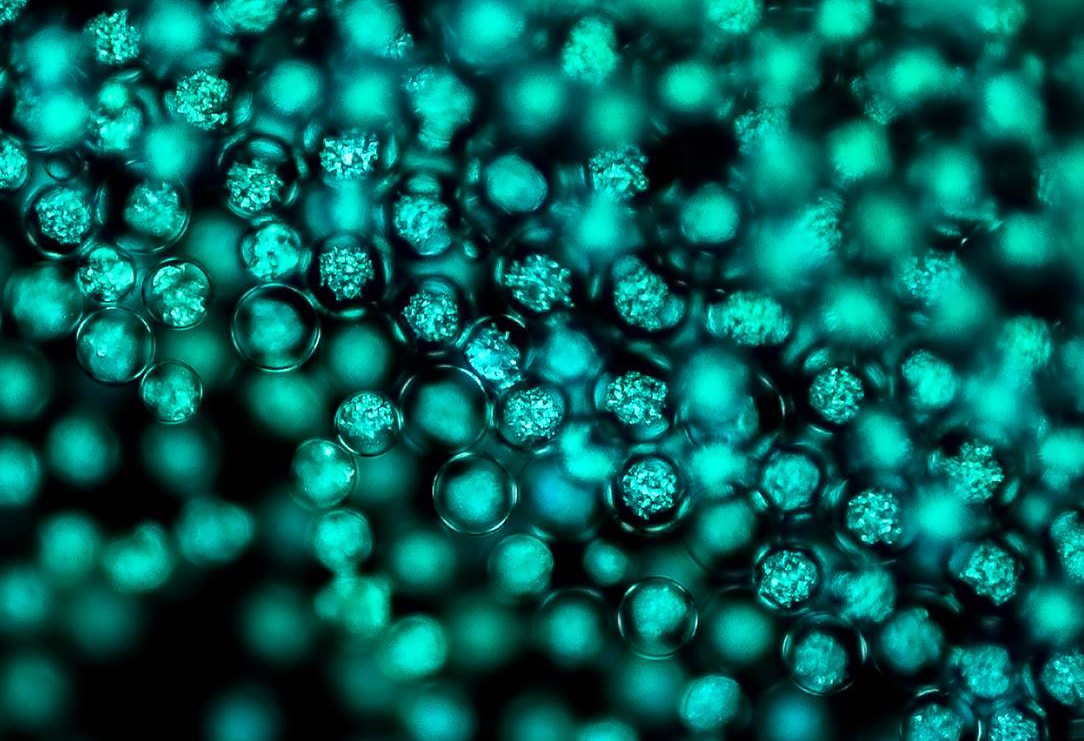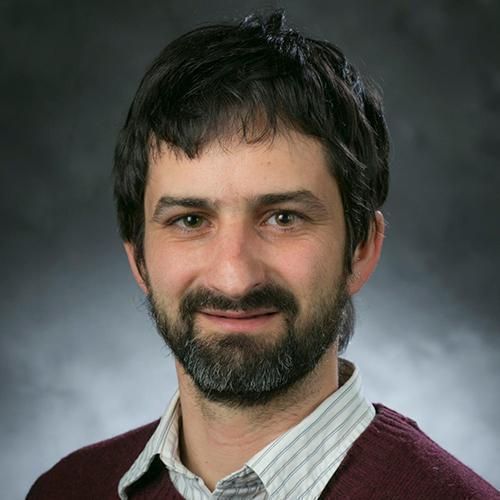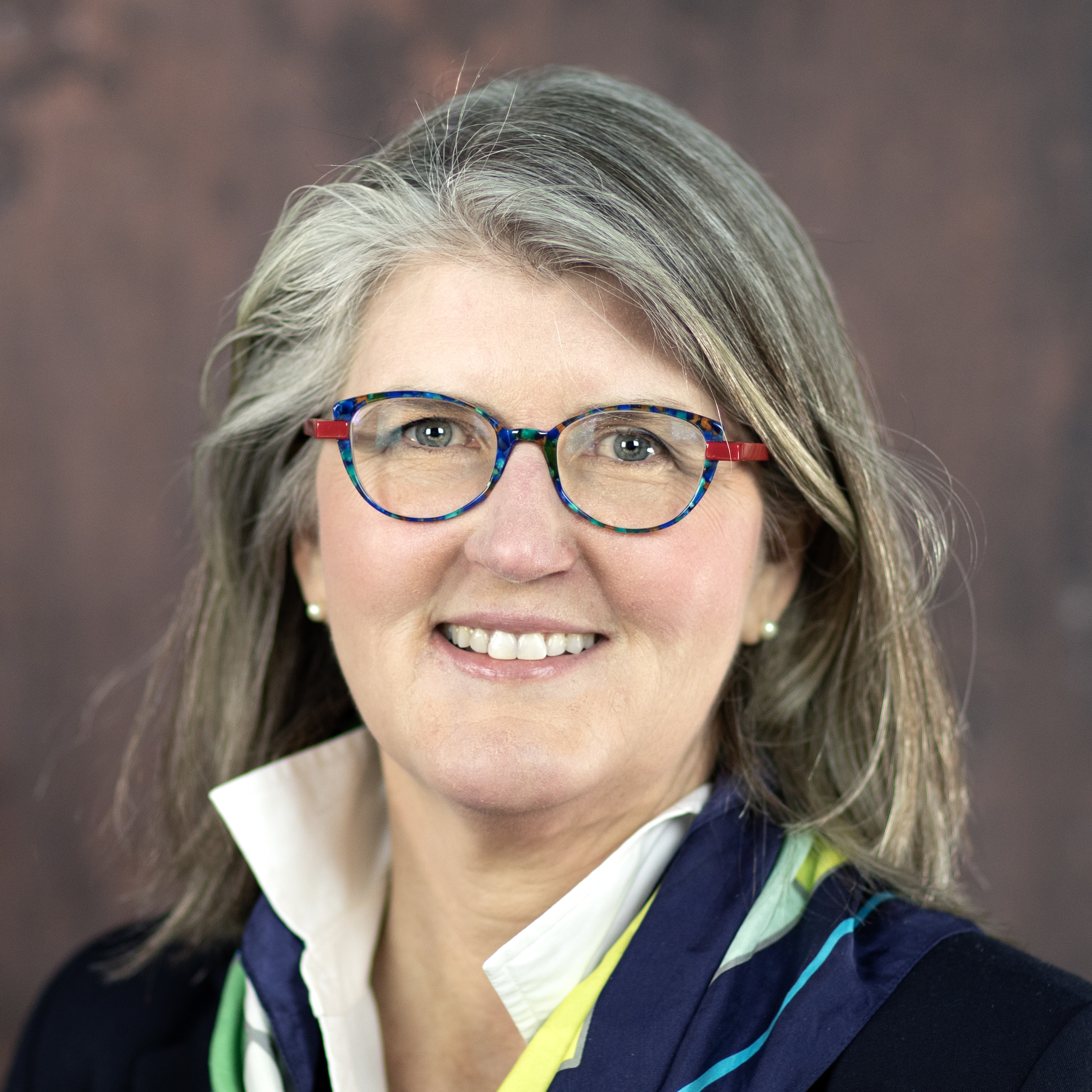ME + BME Double-Major

Focus on biomechanics, biomaterials and bioscience
The ME-BME double-major curriculum emphasizes the integration of engineering with biology and the environmental sciences. You’ll be prepared for a career in medical devices, public health, biopharma, biomanufacturing and more. You’ll also have built a solid foundation for graduate-level work.
Sample Course Schedule
First Year
| Fall | Spring |
|---|---|
| MATH 111L Introductory Calculus I CHEM 101DL Core Concepts in Chemistry Writing 101 Academic Writing EGR 101L First Year-Design Social science or humanities elective | BIO 201L Gateway to Biology: Molecular Biology (alt: CHEM 310DL or Chem 201DL) MATH 122L Introductory Calculus II PHYS 151L Introductory Mechanics EGR 105L First-Year Computing EGR 121L Engineering Innovation |
Second Year
| Fall | Spring |
|---|---|
| BME 244 Quantitative Physiology (alt: Bio 101L) EGR 201L Mechanics of Solids Chemistry 310DL App Chem Principle or 201DL Organ Chem (alt: Social Science or Humanities Elective) MATH 218D-2 Matrices and Vectors PHYS 151L Introductory Technical Physics II | BME 253L Biomedical Electronic Measurements I ME 221L Structure and Properties of Solids MATH 219 Multivariable Calculus EGR 244L Dynamics Social Science or Humanities Elective (alt: BME 244L) |
Third Year
| Fall | Spring |
|---|---|
| BME 260L Modeling Cellular and Molecular Systems BME 271 Signals & Systems or ECE 54L Intro to Signals & Systems MATH 353 Ordinary and Partial Differential Equations ME 331L Thermodynamics ME 101L Mechanical Engineering Analysis for Design | BME 354L Biomedical Electronic Measurements II BME 302L Fundamentals of Biomaterials/Biomechanics ME 336L Fluid Mechanics Life Science Elective |
Fourth Year
| Fall | Spring |
|---|---|
| ME 334L Control of Dynamic Systems ME 421L Mechanical Design ME 431L Heat and Mass Transfer ME Elective 1 Social Science or Humanities Elective | ME 424L Mechanical Design Biomat/Biomech Area Elective ME Elective 2 Social Science or Humanities Elective Social Science or Humanities Elective |
Note well: Students with Advanced Placement (AP) credits should carefully consider prerequisites when customizing this schedule.
Selected Approved Courses
-
- BME 530 Tissue Biomechanics
- BME 531 Intermediate Biomechanics
- BME 569 Cell Transport Mechanisms
- BME 590Cell Biomechanics
- BME 590 BME Aspects of Blasts & Ballistics (Note: Course number is temporary.)
- BME 528 Biofluid Mechanics
- CEE 520 Continuum Mechanics
- CEE 535 Engineering Analysis and Computational Mechanics
-
Biochemistry
- BIOCHEM 301(227) Introductory Biochemistry I: Intermediary Metabolism
- BIOCHEM 302(228) Introductory Biochemistry II
Biology
- BIO 202L(102L) Gateway to Biology: Genetics and Evolution
- BIO 212L(103L) General Microbiology
- BIO 215(105) Introduction to Mathematical Modeling in Biology
- BIO 330L(108L) Comparative and Functional Anatomy of the Vertebrates
- BIO 333(111L) Principles of Animal Morphology
- BIO 221(117) Cell and Organismal Physiology
- BIO 220(119) Cellular and Developmental Biology
- BIO 213(120) Cell Signaling and Diseases
- BIO 250(122) Population Genetics
- BIO 251(124) Molecular Evolution
- BIO 251L(124L) Molecular Evolution
- BIO 365(146) From Influenza to Varicella-Zoster: The Physiology, Ecology and Evolution of Infectious Diseases
- BIO 311(147) Systems Biology: An Introduction for the Quantitative Sciences
- BIO 232S(149S) Comparative Biomechanics
- BIO 278LA(150L) Physiology of Marine Animals
- BIO 329L(151L) Principles of Animal Physiology
- BIO 224(154) Fundamentals Neuroscience
- BIO 372LA(155L) Biochemistry of Marine Animals
- BIO 377LA(176L) Marine Invertebrate Zoology
- BIO 214L(184L) Experimental Cell and Molecular Biology
- BIO 350(187) Evolutionary Genetics and Genomics
- BIO 418(214) Biophysics in Cellular and Developmental Biology
- BIO 515(244) Principles of Immunology (C-L: Immunology 244)
- BIO 783(283) Molecular Genetics of Organelles
- BIO 650(284) Molecular Population Genetics
Chemistry
- CHEM 363(176) Biophysical Chemistry
Computer Sciences
- COMPSCI 260(160) Introduction to Computational Genomics
Evolutionary Anthropology
- Evanth 221S(133L) The Human Body
- Evanth 530(135) Human Functional Anatomy
- Evanth 231L(151) Anatomy of the Lower Extremities
- Evanth 330(155) Human Anatomy and Physiology
- Evanth 235L(172L) Primate Anatomy
Medical Physics
- MP 505(205) Anatomy and Physiology for Medical Physicists
Neuroscience
- Neurosci 212(112) Introduction to Cognitive Neuroscience
Pharmacology
- Pharm 350(150) Pharmacology: Drug Actions and Reactions
- Pharm 533(233) Essentials of Pharmacology and Toxicology
- Pharm 554(254) Mammalian Toxicology
-
- Physics 151L(61L) & 152L(62L)
- Physics 161L(41L) & Physics 162(42L)—for students transferring in from Duke’s Trinity College of Arts & Sciences
If a Student has AP Credits
Advanced Placement (AP) credits are accepted in place of the Physics requirements (Physics C Exams on mechanics for Physics 151L(61L) and electricity and magnetism for Physics 152L(62L), respectively).
If students use AP credits for both courses, they must take Physics 153L(63L) or Physics 264(143).
Students may not take Physics 141(61) at Duke and use AP credit for Physics 142(62).
More AP options
- If no AP credit or AP score less than 4, then Physics courses 151L(61L) and 152L(62L)
- If Physics 141(61) is completed and AP scores of 4 to 5, then Physics 152L(62L)
- If Physics 141(61) and 142(62) are completed and AP scores of 4 to 5, then Physics 153L(63L) or Physics 264(143)
- If a pre-med student and has taken Physics 151L(61L) and 152L(62L), then it is highly recommended to also take Physics 153L(63) (Note: Physics 141(61) and 142(62) do not cover all the materials in the MCAT.)
Undergraduate Contacts

Nico Hotz
MEMS Director of Undergraduate Studies, Associate Professor of the Practice

Sophia Santillan
Associate Director of Undergraduate Studies, Associate Professor of the Practice in the Thomas Lord Department of MEMS

